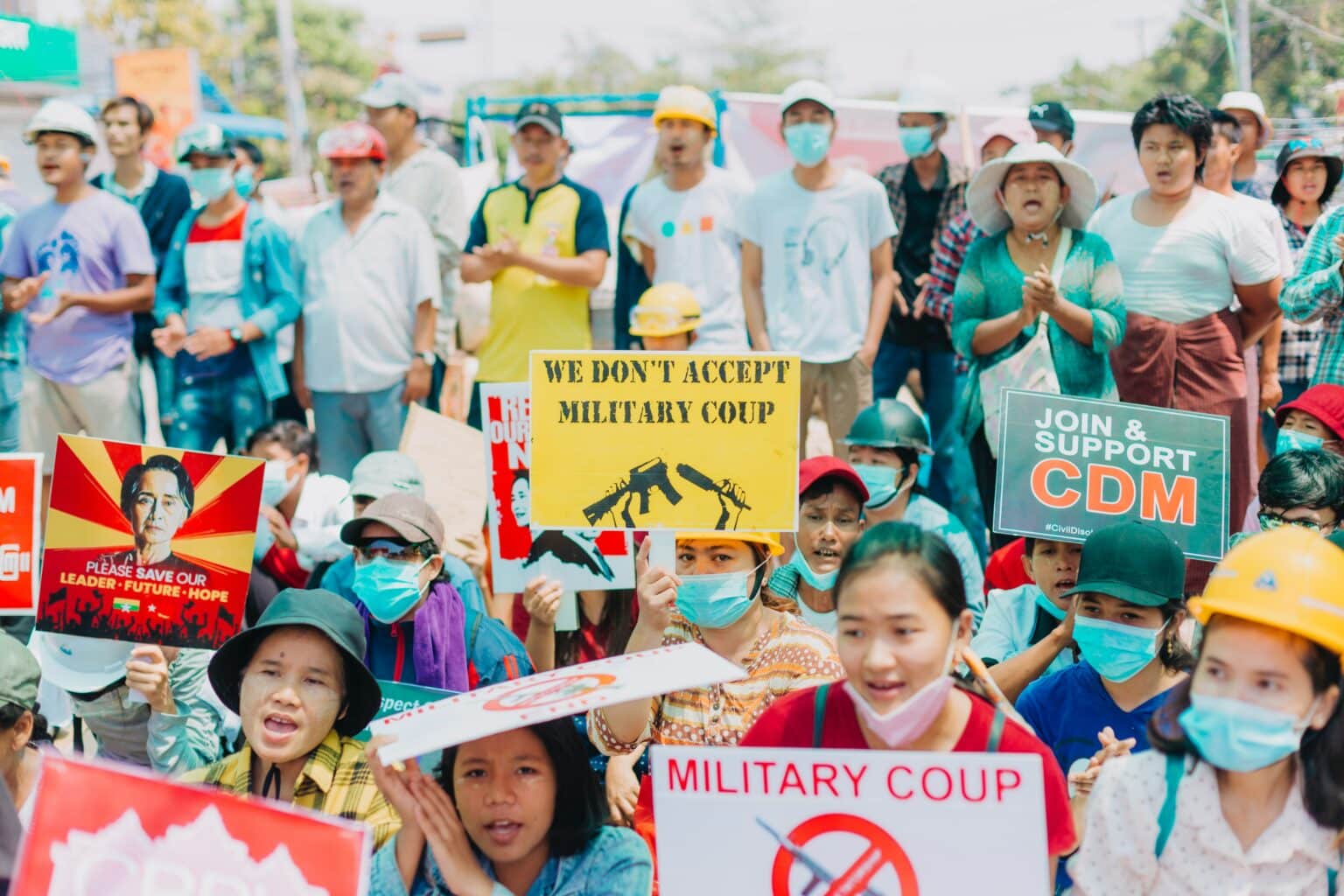A court in military-ruled Myanmar on Friday sentenced ousted leader and Nobel laureate Aung San Suu Kyi to an additional seven years in prison, bringing her full sentence to 33 years.
The court’s action follows a series of politically charged prosecutions since the military toppled her elected government in February 2021.
Friday’s sentencing involved five offenses under the country’s anti-corruption law. It came after earlier convictions on seven other counts of corruption, each punishable by up to 15 years in prison.
The 77-year-old Suu Kyi has also been convicted of other offenses, including violating coronavirus restrictions, sedition and election fraud.
Suu Kyi’s supporters as well as independent observers have said the charges against her and her allies are an attempt by the military to legitimize its power seizure while eliminating her from politics ahead of next year’s promised elections.
“The verdicts were unsurprising—this was purely a show trial,” Richard Horsey, a senior adviser on Myanmar for the International Crisis Group, told The New York Times. “As with the coup itself, the regime’s objective has been to silence Aung San Suu Kyi and remove her from the political landscape.”
Friday’s verdict was delivered inside a courtroom that sits inside a prison in the Myanmar capital of Naypyidaw.
Since the coup, violence has erupted across Myanmar. Protesters against the military junta have mounted a civil disobedience movement and national strike, to which the military responded with brutal force, shooting and killing protesters in the streets. Thousands of armed resistance fighters have continued to battle, using guerrilla tactics and training in the jungle.
Last week, the United Nations’ Security Council adopted a resolution condemning the junta’s rights abuses and demanding the release of political prisoners. Suu Kyi is one of more than 16,000 people who have been arrested since the coup for opposing military rule, according to the Assistance Association for Political Prisoners. The group says more than 13,000 of them are still detained.
Suu Kyi is the daughter of Gen. Aung San, the country’s independence hero, who was assassinated when she was two years old.
In 1991, she won a Nobel Peace Prize for her nonviolent resistance to the junta’s generals who had locked her up, turning her into an icon for global democracy. She eventually began a short-lived power-sharing arrangement with the military when her party, the National League for Democracy, won its first landslide election victory in 2015.
Friday’s sentences ended Suu Kyi’s court cases, at least for now, raising the possibility that she might be allowed outside visitors, which she has been denied since the beginning of her 2021 detainment.
The UN has expressed an openness to arranging a meeting between Suu Kyi and a special envoy. The military government has replied in a statement, “Depending on the circumstances after the completion of the judiciary process, we will consider how to proceed.”


